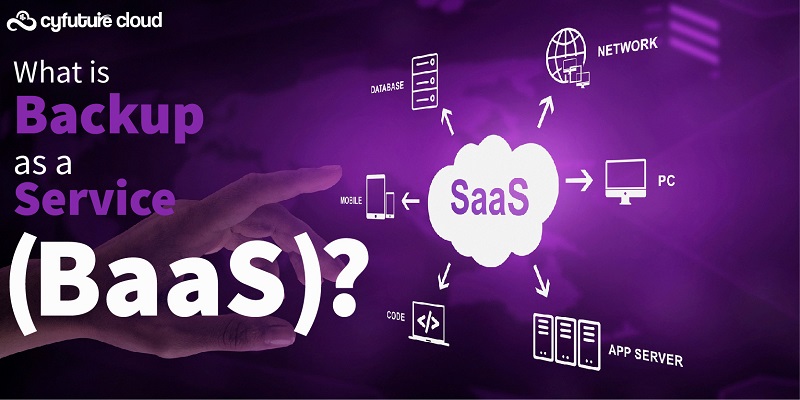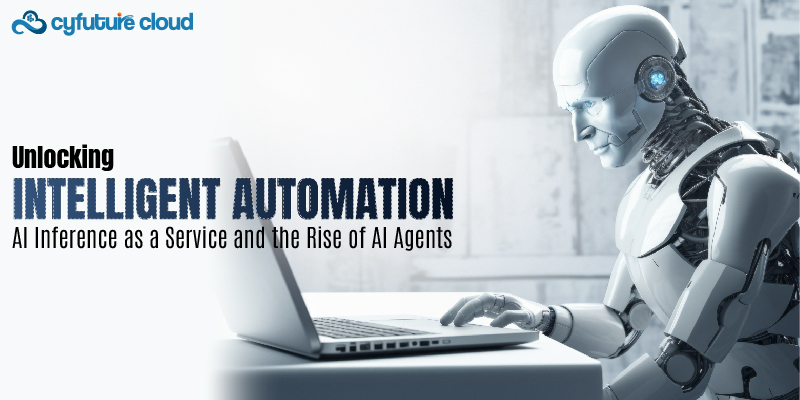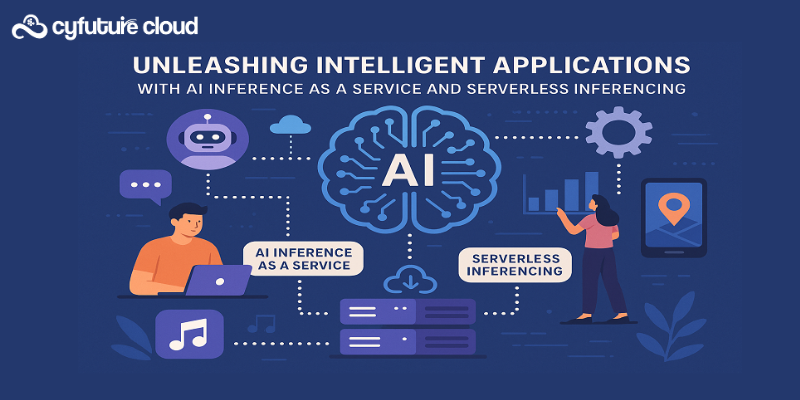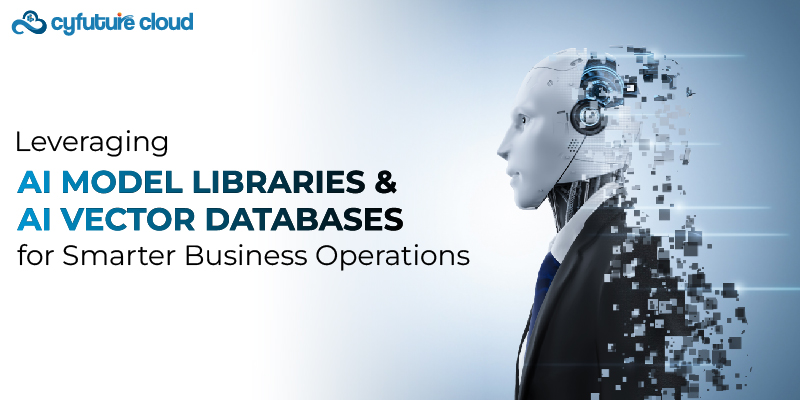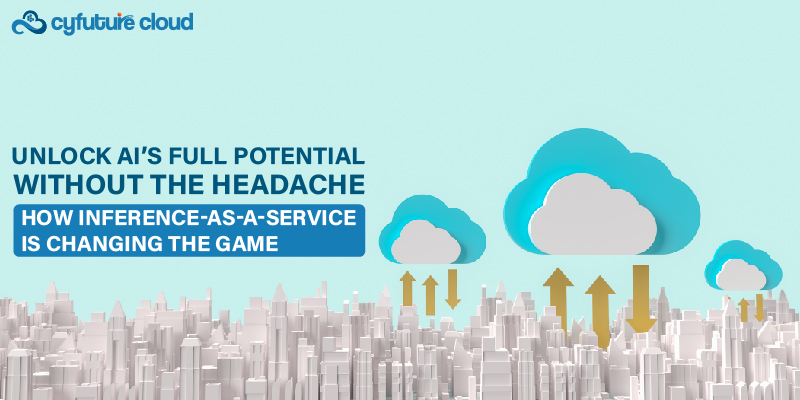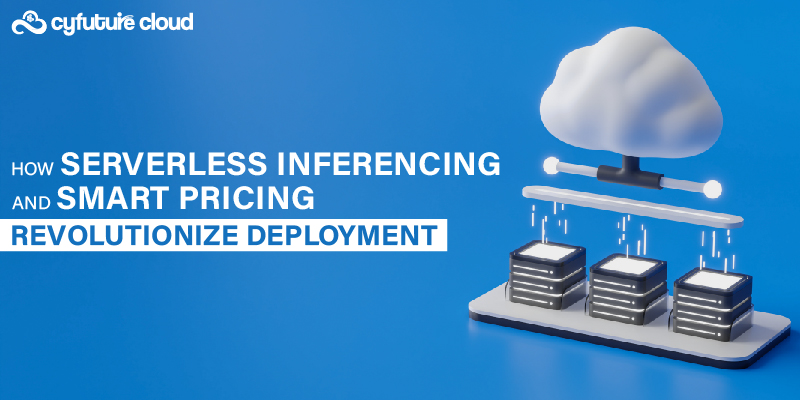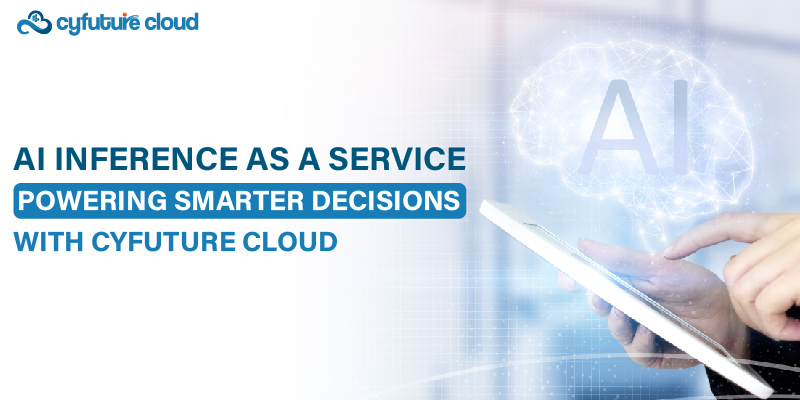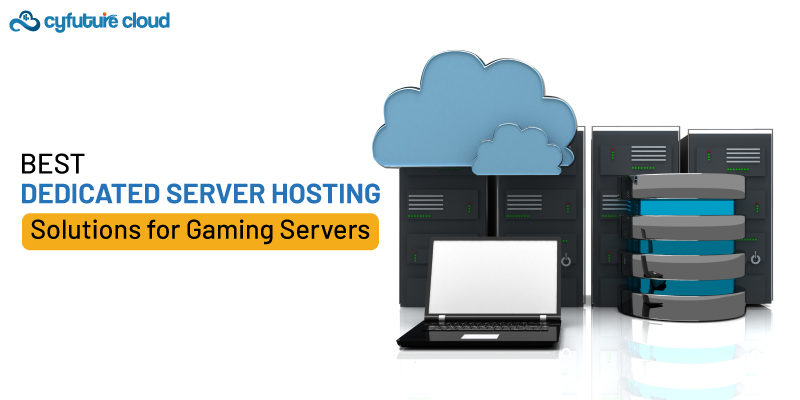Table of Contents
- Why companies are utilising more and more of cloud computing
- What does data security in cloud computing entail of?
- What justifies the necessity of data security in cloud computing?
- What methods do cloud computing companies use to secure data?
- Key Aspects of Cloud Computing and Data Security:
- The cloud’s limits for data security
Data security used to be mostly a human-driven process, and data existed only on paper. However, since then, much has changed thanks to digitization. Organizations today are made up equally of concrete and clouds. 77% of businesses, according to Accenture, use the cloud for at least some of their operations.
This change necessitated a new security strategy that can completely safeguard the priceless assets now kept on the cloud. This blog post explores in-depth the importance of data security in cloud computing and what it will take to protect your data in 2023.
Why companies are utilising more and more of cloud computing
The use of cloud-based applications has increased significantly over the past few decades because of the enormous benefits they offer, even if they can be more difficult to secure than on-premises systems. These benefits include shorter development times, increased performance, and easier device-to-device access to data storage.
The acceptance of remote work is one of the sociological trends that has fueled the expansion of cloud computing. Although work-from-home (WFH) agreements had been expanding in the private sector for years, particularly for IT roles, the pandemic drastically sped up this development. The significance of security executives enhancing their cloud security profiles has grown in light of the most recent spike.
What does data security in cloud computing entail of?
Data security is the process of securing digital data against loss or destruction. It comprises defences against unauthorised access to electronic documents, falsified data change, and access disruption brought on by natural disasters. Business owners have always been concerned about data security, but the emergence of cloud computing has made it considerably more crucial – and difficult. As a result, any data kept on a remote server must be protected using many layers of access controls and encryption/decryption technology, just as if it were kept on a server inside a company’s network.
What justifies the necessity of data security in cloud computing?
The security of your company’s cloud data is crucial for a variety of reasons. Important corporate data could be lost, stolen, or destroyed without a strong approach to data security in cloud computing, and such accidents can be disastrous on a number of levels. Your cloud-managed data assets being compromised could cause serious financial losses, seriously sour client relations, and expose your company to harsh regulatory action.
What methods do cloud computing companies use to secure data?
After going over the fundamentals, let’s examine the key methods for obtaining and upholding secure cloud usage throughout your company.
Access to data
Identity and access management (IAM), which aids in the protection of data assets through authentication and authorisation procedures, allows security teams to govern data access. Users must provide unique credentials as part of the authentication process in order to access an application and its data, and using multifactor authentication has become a widely accepted best practise to increase security. Users must confirm their identity using various sources, such as a password and a text-based code, while employing multifactor authentication.
Firewall
Web application firewalls (WAF) monitor and stop malicious traffic to protect cloud applications against compromise. WAFs shield applications from a sizable number of attack types and vulnerabilities, despite not being fully complete. WAFs are one of the most crucial components of data security in cloud computing because without this security layer, attackers might simply exploit cloud apps and their data stores.
Data encryption, a basic security feature provided by cloud service providers, uses mathematical encoding to block unauthorised access to information. Even while data encryption is commonplace, not all service providers offer the same level of encryption. Despite the fact that this might not be feasible throughout your entire cloud infrastructure, make sure that the services that are of the utmost importance offer your team a high level of control and a variety of encryption alternatives.
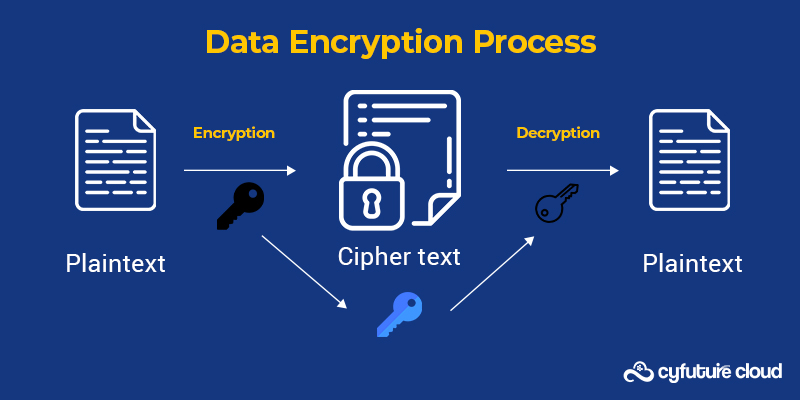
Data removal
Data security includes properly getting rid of sensitive information that is no longer needed. If such material is permitted to stay permanently within cloud data repositories, unnecessary liability may result, posing a serious organisational risk. Organizations must create and adhere to a data destruction plan to reduce this risk. This protocol should decide when data should expire depending on its usefulness, legal restrictions, and other factors. The protocol should also describe every facet of the disposal process, including frequency and approach. Even though it can be time-consuming, this practise is vital to lessening an organization’s risk.
Data restoration
Another pillar of cloud data security is reliable data recovery procedures. Every system that depends on cloud-based applications must be continually backed up because data loss might happen for a variety of unanticipated reasons. Data, software, and operating systems from each machine should all be included in the backup. Don’t stop there, though; it’s also a good idea to periodically test your backups in order to confirm them.
Key Aspects of Cloud Computing and Data Security:
| Aspect | Description |
|---|---|
| Cloud Computing | Utilizes remote servers to store, manage, and process data over the internet, offering scalability and accessibility. |
| Data Encryption | Ensures data is encoded to prevent unauthorized access or interception, safeguarding confidentiality. |
| Access Control | Regulates user permissions, limiting access to data based on roles or authentication levels. |
| Compliance Measures | Adherence to industry standards (e.g., GDPR, HIPAA) ensuring data protection and privacy regulations are met. |
| Regular Audits | Periodic evaluations of security protocols to identify vulnerabilities and maintain system integrity. |
| Data Backup & Recovery | Regularly backing up data and implementing strategies to restore information in case of data loss or system failure. |
The cloud’s limits for data security
Even with the finest firewalls, access restrictions, and encryption in place, most organisations lack the level of cloud data security required to safeguard their most priceless assets. Although each of the strategies we’ve examined delivers a crucial piece of the stack, they don’t provide comprehensive coverage of the full data store landscape.
Data store and object security is a new subset of data security that has emerged as a result of this huge gap (DSOS). The main goals of DSOS are to map out an organization’s data repositories, find vulnerabilities, and notify teams of potential problems.
Numerous conventional data security methods will still be required in the years to come, but innovative strategies, such as DSOS, will set apart security teams from those that are only ticking boxes from those that are actually defending their organisations.
In this field, Cyfuture Cloud is one of the top suppliers. Its offers a clear view into your whole data store landscape, warning you of potential vulnerabilities, spotting threats, and facilitating quick action.
To learn more about Cyfuture Cloud, get in touch. Our staff will promptly set you up with a demo.
Recent Post
Send this to a friend

 Server Colocation
Server Colocation CDN Network
CDN Network Linux Cloud Hosting
Linux Cloud Hosting Kubernetes
Kubernetes Pricing Calculator
Pricing Calculator
 Power
Power
 Utilities
Utilities VMware Private Cloud
VMware Private Cloud VMware on AWS
VMware on AWS VMware on Azure
VMware on Azure Service Level Agreement
Service Level Agreement 